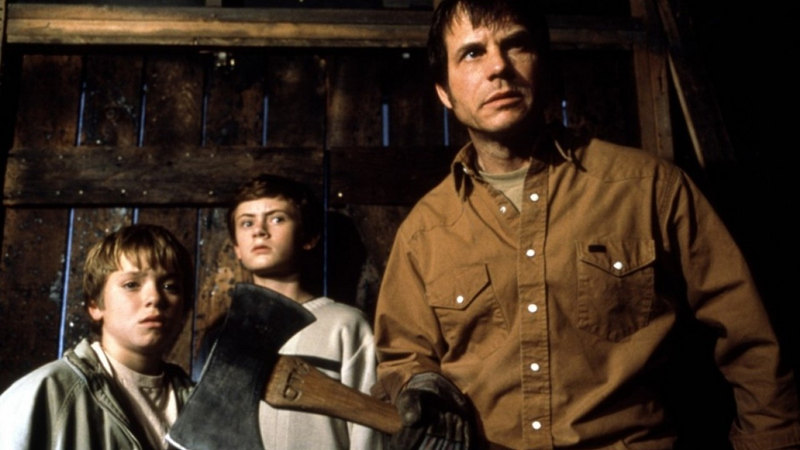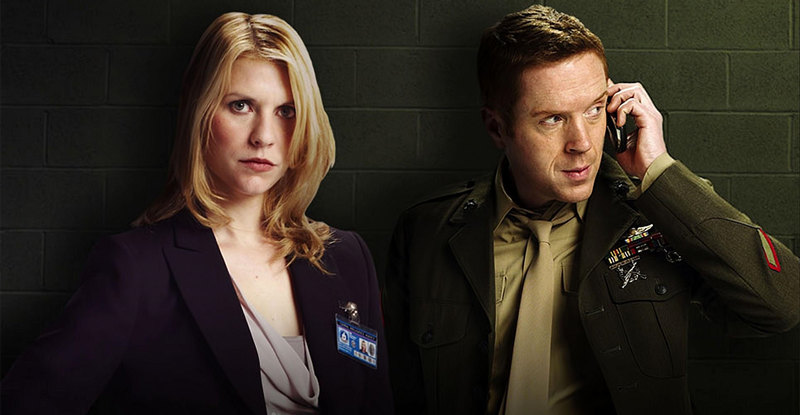Fictional characters coming to life are nothing new. Before “Ruby Sparks” we most recently saw it in “Stranger than Fiction,” where Will Ferrell realized he was a fictional character and tried to thwart the author’s manipulation of him.
At least “Ruby Sparks” overlays the romantic comedy on this growing new subgenre, so that the whole thing isn’t just an exercise in postmodern play or a clichéd celebration of the writer’s imagination. With “Ruby Sparks,” directors Jonathan Dayton and Valerie Faris (“Little Miss Sunshine”) give us a situation where an author’s manipulation of a fictional character brought to life actually says something about the ways in which males and females relate to one another. The writer character in this indie film may create a fictional character that’s flesh and blood, but he’s not the puppet master he’d like to believe that he is, largely because of his own flaws and defects regarding himself and females.
“Ruby Sparks” is the creation of novelist Calvin Weir-Fields (Paul Dano), who is feeling the pressure of having to follow an acclaimed debut novel. And so he works on a story that involves as young woman who becomes so much a part of his imagination and every waking thought that one day she just appears and scares the heck out of him. Has he gone mad? Is this his James Stewart “Harvey” moment? Of course he goes to a therapist for help and confesses that he’s falling in love with his character, and of course he has a brother who thinks his younger sibling is off his nut. But then one visit the brother (Chris Messina) and his wife (Toni Trucks) find women’s clothing strewn around the house. I mean, in the realm of ghost hunters, this is like cytoplasmic evidence, isn’t it? And so the story proceeds with Calvin realizing he has the “power” to end all his nerdy failures with women by simply writing what he wants . . . or does he? Will his own shortcomings get in the way? Of course. But there are some interesting points made about male-female relationships.
There is a caveat I’d like to offer. Near the end of the film a woman tells our struggling author that she thought his last book pretentious. A frequent problem of writers who work with clever materials is that they can’t help but think of themselves as being clever. It’s like working with toxic wastes that somehow change a human being into something suddenly less warm and more cerebral, less funny and more witty, less interactive and more posturing, less conversational and more pedantic. And the list goes on.
There are times when the directors and writer Zoe Kazan start to feel a bit too smug, you can tell, by the way that the scenes play out. But then the ideas themselves ride to the rescue and, with a quirky performance by Kazan as the title character—a slightly ditzy eccentric that harkens all the way back to the women in screwball comedies like “Bringing Up Baby”—you find yourself still somehow charmed.
Video:
The widespread use of digital cameras (in this case, an Arri Alexa, with Cooke Panchro lenses) has really upped the visual quality of indie films. “Ruby Sparks” looks as good as films with five times the budget, and the AVC/MPEG-4 transfer to a 50-gig Blu-ray disc is near flawless. I saw only a slight ghosting in one scene, but in addition to some noise in a few backgrounds, that was it. Colors are tastefully true-looking, black levels are strong, and there’s a thin layer of filmic grain that’s almost surprising considering the digital camera. “Ruby Sparks” is presented in 1.85:1 widescreen.
Audio:
“Ruby Sparks” is a dialogue-driven film except for a few loud scenes, and that means the English DTS-HD MA 5.1 audio is overkill, for the most part. But the dialogue is clear and precise, and Nick Urata’s score provides a pleasant background with occasional moments to shine. Additional audio options are in French, Spanish, Portuguese, Czech, Hungarian, Polish, and Turkish Dolby Digital 5.1, with subtitles in English SDH, French, Spanish, Portuguese, Arabic, Bulgarian, Cantonese, Croatian, Czech, Greek, Hebrew, Hungarian, Icelandic, Indonesian, Korean, Malay, Mandarin, Polish, Romanian, Serbian, Slovenian, Turkish, Ukrainian, and Vietnamese. I could have saved time by just telling you want languages AREN’T available in subtitles.
Extras:
The bonus features are token, really. A behind-the-scenes making-of featurette is broken down into five stand-alone segments that feel like promo pieces. There’s one on “The Story,” another on “The Cast,” another on “Real Life Couples,” one on “Be Careful What You Wish For,” and “Los Angeles: The Other Character.” The last one is surprising, given that I didn’t really feel that setting was so dominant in this film that it became another character.
Bottom line:
“Ruby Sparks” is situated squarely in the quirky indie romantic comedy tradition, though it also wades into the characters-coming-to-life dramedy. It may be directed by the pair that gave us “Little Miss Sunshine,” but what makes this one work is writer Zoe Kazan, who doubles as the female lead.
-
Video - 8/108/10
-
Audio - 8/108/10
-
Extras - 4/104/10
-
Film Value - 7/107/10
Summary
It may be directed by the pair that gave us “Little Miss Sunshine,” but what makes this one work is writer Zoe Kazan, who doubles as the female lead.


